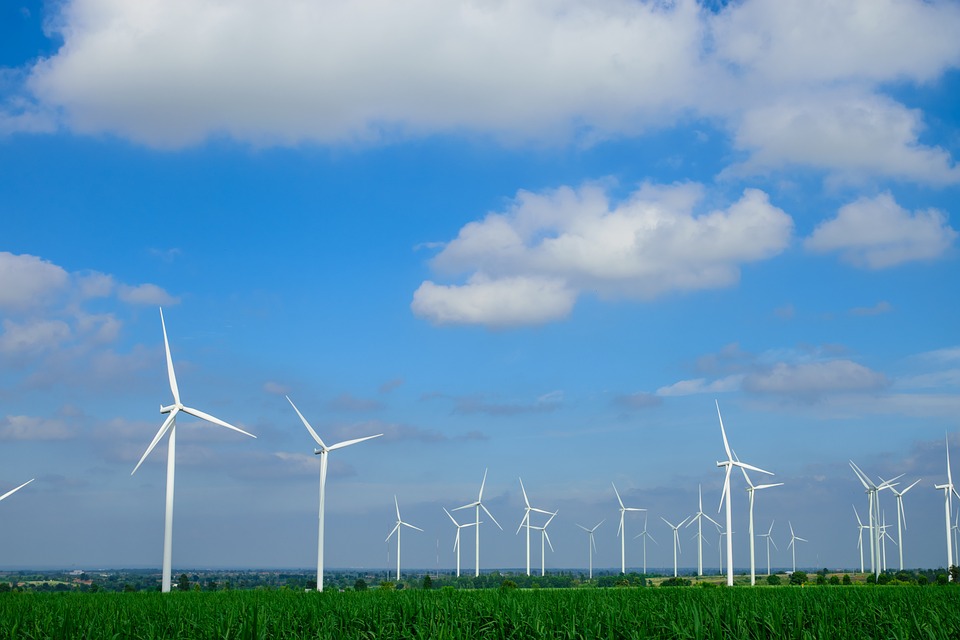Global warming is a major environmental issue that has been a growing concern in recent years. The rise in global temperatures is primarily caused by the emission of greenhouse gases, such as carbon dioxide, methane, and nitrous oxide. These gases trap heat in the atmosphere, leading to the warming of the Earth’s surface.
Top Contributors to Global Warming
While global warming is a worldwide problem, some countries contribute more to the issue than others. According to data from the World Resources Institute, China is currently the largest emitter of greenhouse gases, followed by the United States, India, and the European Union.
China
China’s rapid industrialization and reliance on coal as a primary source of energy have contributed significantly to its high levels of greenhouse gas emissions. The country is also the world’s largest producer of cement, steel, and aluminum, which are energy-intensive industries that produce large amounts of carbon dioxide.
United States
The United States is the second-largest emitter of greenhouse gases globally, largely due to its reliance on fossil fuels for energy production and transportation. The country has a high level of car ownership and a sprawling urban landscape, leading to increased emissions from vehicles and buildings.
India
India’s growing population and expanding economy have led to a significant increase in greenhouse gas emissions in recent years. The country is heavily reliant on coal for energy production and has a large agricultural sector, which contributes to methane emissions from livestock and rice paddies.
European Union
The European Union is a collective group of countries that also ranks high in terms of greenhouse gas emissions. The region has made significant strides in reducing emissions through policies such as the European Emissions Trading System and investments in renewable energy, but more needs to be done to meet climate targets.
Conclusion
While these countries are the largest contributors to global warming, it’s important to note that all nations play a role in the issue and must work together to reduce emissions and mitigate the impacts of climate change. By implementing sustainable practices and transitioning to clean energy sources, we can all contribute to a healthier planet for future generations.

Kyle Whyte is a notable scholar and professor at the University of Michigan, holding positions such as the George Willis Pack Professor in the School for Environment and Sustainability and Professor of Philosophy. Specializing in environmental justice, his work critically examines climate policy and Indigenous peoples’ ethics, emphasizing the nexus between cooperative scientific endeavors and Indigenous justice. As an enrolled Citizen Potawatomi Nation member, he brings a vital perspective to his roles as a U.S. Science Envoy and member of the White House Environmental Justice Advisory Council. His influential research is supported by various prestigious organizations including the National Science Foundation, and disseminated through publications in high-impact journals. Kyle actively contributes to global Indigenous research methodologies and education, with affiliations to numerous institutes and societies dedicated to traditional knowledge and sustainability. Recognized for his academic and community engagement, Kyle has earned multiple awards and served in various visiting professorships. His efforts extend to leadership positions on boards and committees focused on environmental justice nationwide.
